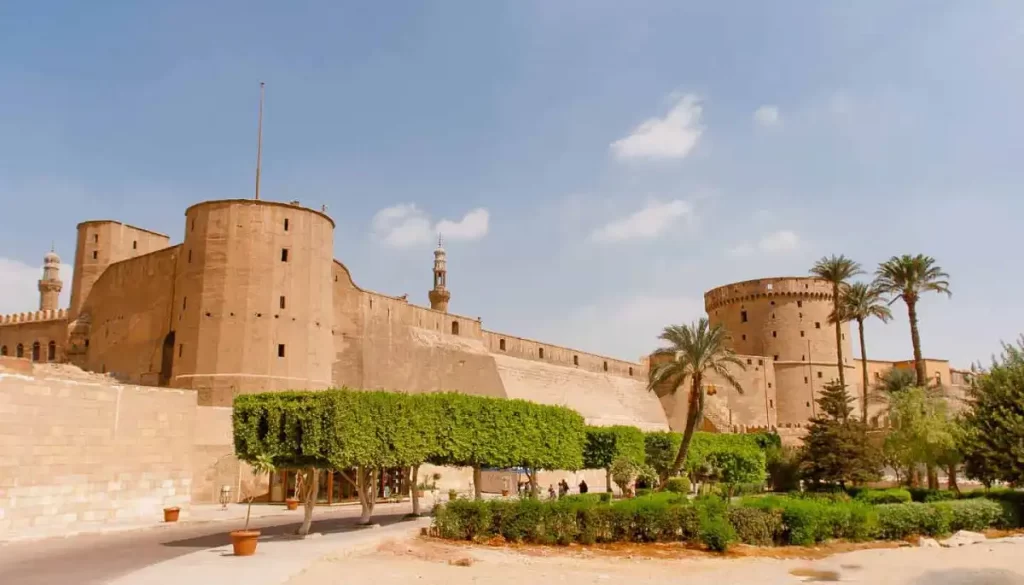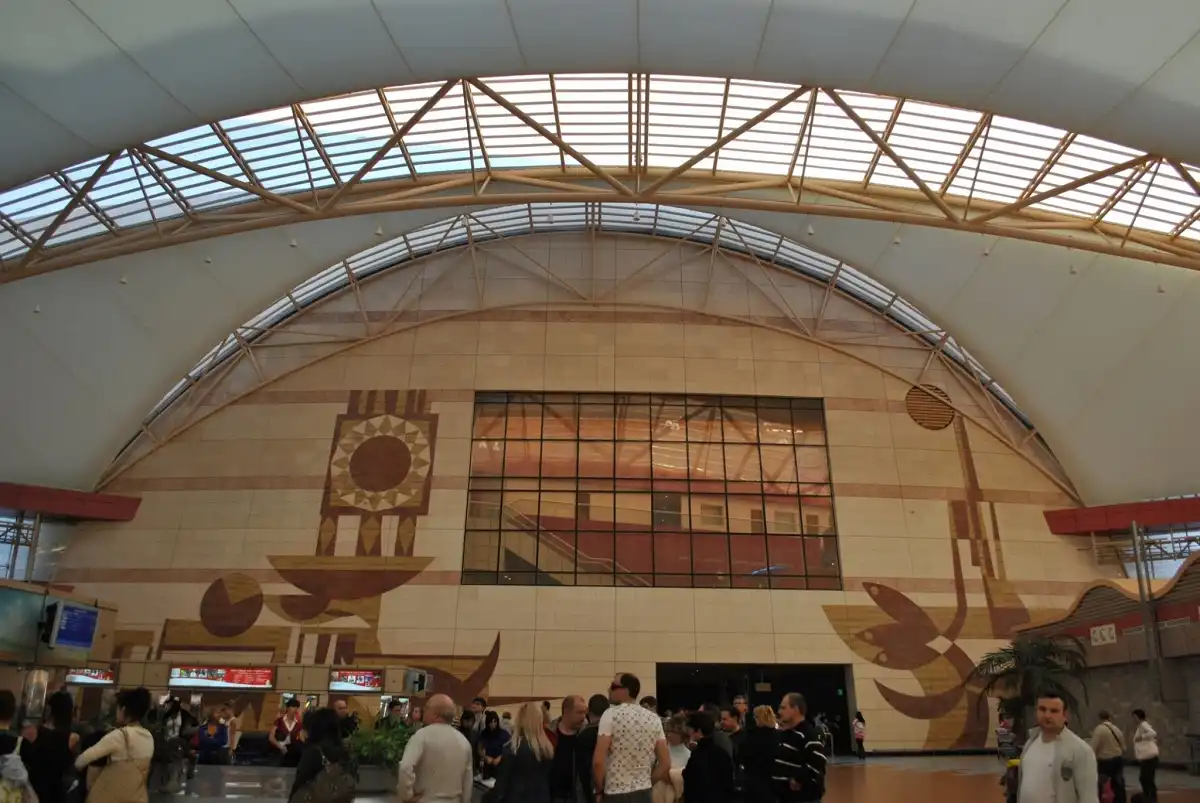
Salah El Din Citadel
[ez-toc]
Salah El Din Citadel History
The fabled Salah El Din Citadel is situated on Mokattam Hill, close to the city’s heart in Cairo, “The City of Thousands of Minarets.” To become a strong fortress against foreign invading forces like the crusaders and the French invasion led by Napolean Bonaparte in 1798 after being inspired by the Syrian and Lebanese strong fortress, construction began in 1176 AD and was completed in 1182 AD during the reign of King al Malek el Kamel. For 700 years, the city served as the capital of various dynasties, including the Ayyubids, Mamluks, and Ottoman Empire, until Khedive Ismail moved the country’s administrative center to the recently built Abdin Palace in Downtown Cairo in the 1870s.
Salah El Din Citadel Contents
Within the citadel, a number of buildings were built, including a courtroom, an arsenal, entranceways, four palaces—the Palace of the Jewel, the Palace of the Haram, the Palace Albblq, and the Saraya justice palace—a large terrace, a number of gates, including the Baba Mokattam, the door of the middle, the new door, and the castle door, as well as mosques like the alluring mosque of Mohammed Ali, Masjid al-Na Al-Muqattam Tower, Al-Saffa Tower, Al-Alwa Tower, Kerkilan Tower, Tower Al Tarfa, Al-Mablat Tower, Al-Maquser Tower, Al-Amam Tower, Al-Qarafa Tower, Al-Ramlah Tower, Haddad Tower, and the Desert Tower are just a few of the towers that can be found in the citadel. The citadel’s most popular attractions are the Military Museum and Police Museum.
Since Mohammed Ali and his dynasty made the majority of the observable alterations in the 19th century, the citadel has undergone numerous renovations and reconstructions over the years, and today’s appearance is significantly different from the original plan. Mohammed Ali built the Majestic Alabaster Mosque, a true example of Ottoman architecture that rises over the rest of the complex and provides a surreal view of the eternal city of Cairo, in an effort to remove all traces of the Mamluks, who ruled Egypt for six centuries.



